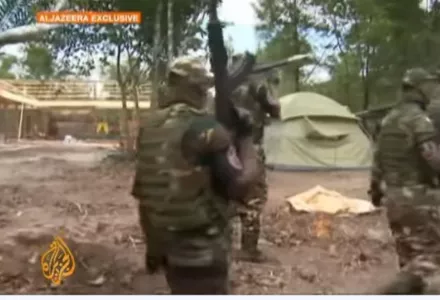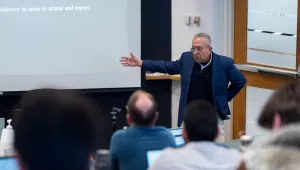Government–Armed Group Relations in Nigeria and Kenya
Speaker: Megan Turnbull, Research Fellow, International Security Program
Why do governments and armed groups cooperate in some places and times, violently engage each other in others, and reluctantly tolerate one another still elsewhere? Megan Turnbull argues that the management of coalitional threats in the periphery and the nature of armed groups' ties with local communities (protective or predatory) explain when national-level incumbents collude with, repress, or reluctantly tolerate armed groups. She draws on comparative case studies from Nigeria and Kenya to empirically support her argument and assess rival explanations. The findings contribute to scholarship on armed politics and political orders.
Everyone is welcome to join us online via Zoom! Please register in advance for this seminar:
https://harvard.zoom.us/meeting/register/tJEuc--uqDMpEtWAJuYMx-ANgjOL3CI1k3Al




